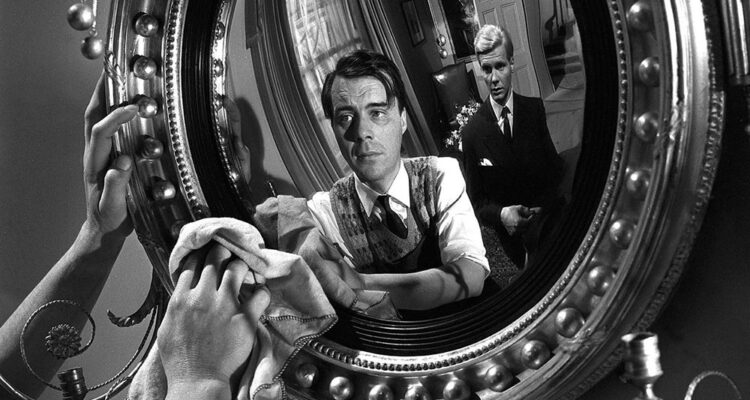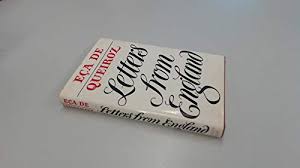
Charged with an atmosphere of unspoken transgression, at a time when films had to get past the Censor, The Servant (1963) is considered the film that ‘liberated British filmmaking.’ Adapted for the screen by Nobel prize winning writer Harold Pinter from Robin Maugham’s 1948 novella, ‘The Servant’ develops into a psychological power play between wealthy Londoner Tony and his servant Hugo Barrett.
No one is better than Pinter at exploring shifting power relations and no one could have been better cast than Dirk Bogarde to play Barrett, the ‘servant’ to James Fox’s ‘master.’ Ostensively an examination of the English class system, his utterly brilliant characterisation hints with great subtlety at a homoerotic subtext. If the film is about power and class, it is also tacitly about sex.
Recently reissued, its complexity and daring still finds an audience. In 2002 it was even inspiration for Mathew Bourne’s brilliant ballet ‘Play Without Words.’
But nothing touches the unsettling power of the original film.
This scene brilliantly illustrates Tony’s increasing dependancy on both alcohol and his new employee. Bogarde’s portrayal of the scheming Barrett, by turns seductive and smothering, stays in the mind long after the film has ended.


